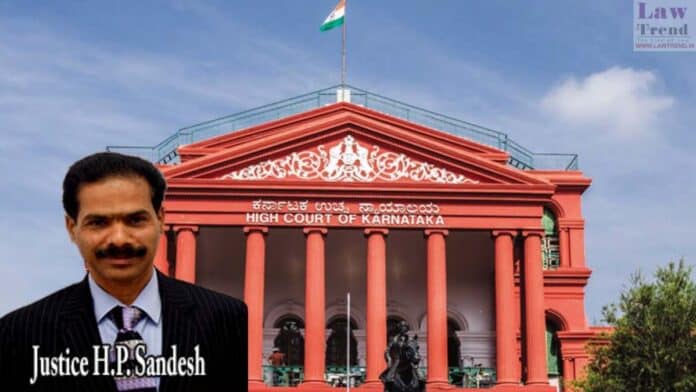The Karnataka High Court, in a significant ruling, reiterated that courts must base their decisions on the material evidence collected by investigating officers and avoid entertaining defenses at the discharge stage. The judgment was delivered by Justice H.P. Sandesh in Criminal Revision Petition No.118/2024, filed by Dr. Mohankumar M., challenging the trial court’s rejection of
To Read More Please Subscribe to VIP Membership for Unlimited Access to All the Articles, Download Available Copies of Judgments/Order, Acess to Central/State Bare Acts, Advertisement Free Content, Access to More than 4000 Legal Drafts( Readymade Editable Formats of Suits, Petitions, Writs, Legal Notices, Divorce Petitions, 138 Notices, Bail Applications etc.) in Hindi and English.




